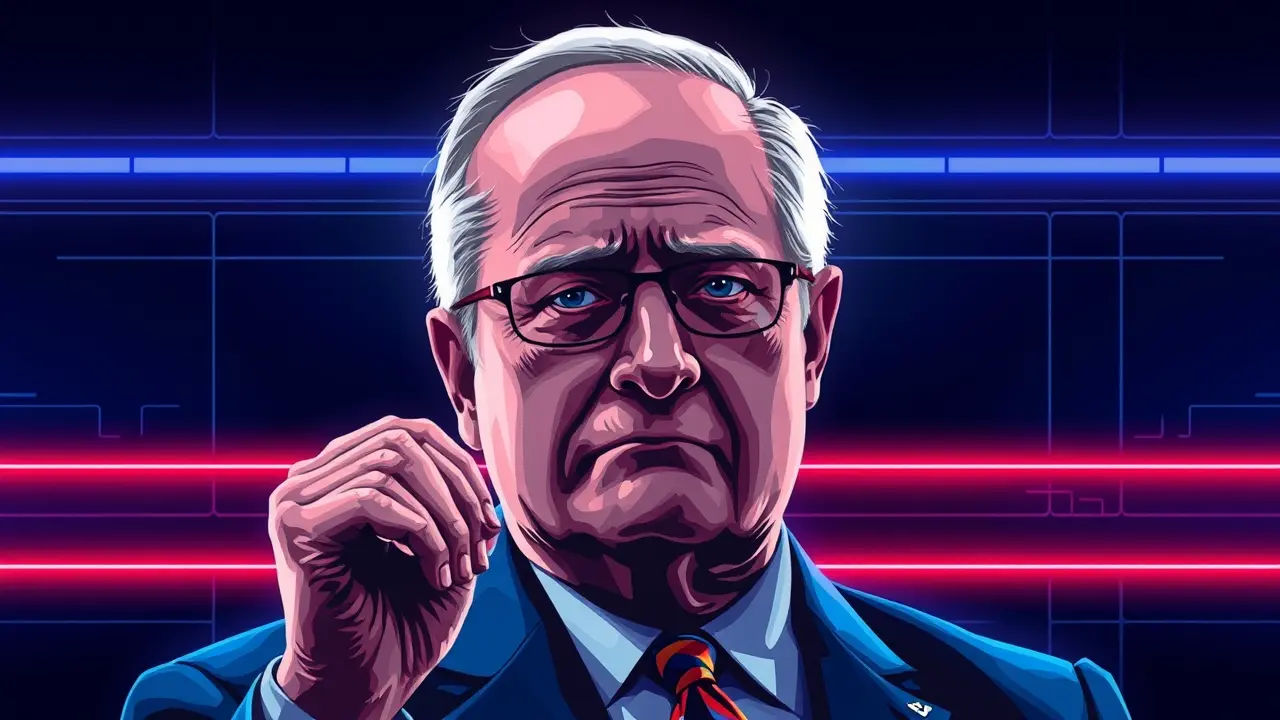
Politicsgovernments & cabinetsLeadership Transitions
Dick Cheney's Political Ideology and Conservatism Examined
RO
Robert Hayes
13 hours ago7 min read3 comments
The political persona of Dick Cheney, which would come to define an era of American conservatism, was a study in strategic ambiguity during the years preceding his ascent to the vice presidency, a period where his public demeanor suggested a more pragmatic and less doctrinaire figure than the one history would ultimately record. To understand this evolution is to trace the contours of modern American power itself, for Cheney’s journey from a seemingly moderate cabinet secretary to an unyielding, transformative vice president under George W.Bush represents a pivotal realignment within conservative ideology, one whose consequences we continue to navigate. His early career, marked by roles as White House Chief of Staff under Gerald Ford and Secretary of Defense under George H.W. Bush, painted a portrait of a competent, even-keeled administrator—a man who oversaw the meticulous execution of Operation Desert Storm with a cool-headed efficacy that belied the firebrand he would later become.This cultivated image of a less dogmatic operator was, in retrospect, a masterclass in political positioning, allowing him to build bipartisan credibility and operate within the established foreign policy consensus of the post-Cold War era, a period often characterized by Francis Fukuyama's 'end of history' thesis. However, the attacks of September 11, 2001, acted as a catalytic converter for a pre-existing but more contained ideological framework, unleashing a version of Cheney that was profoundly shaped by his experiences during the Ford administration in the shadow of Watergate and the Church Committee investigations, which he perceived as a dangerous weakening of executive authority.This conviction, that a powerful, largely unchecked presidency was essential for national security, became the central tenet of his political theology, leading to his vigorous advocacy for the unitary executive theory, the authorization of enhanced interrogation techniques, and the doctrine of preemptive war. His influence was so profound that it prompted seasoned analysts like former Secretary of State Colin Powell to later reflect on the 'cabal' that effectively governed foreign policy, a stark departure from the more collegial model of previous administrations.Cheney’s brand of conservatism was not merely an extension of Reaganism; it was a more muscular, pessimistic, and security-obsessed variant that viewed international relations through a Hobbesian lens—a war of all against all where American supremacy had to be asserted with overwhelming force and moral certainty. The legacy of this ideological shift is a deeply fractured political landscape, where debates over executive power, surveillance, and interventionism remain intensely polarized. The man who once appeared a pragmatic institutionalist ultimately championed policies that tested the very limits of those institutions, leaving a constitutional and ethical imprint as complex and contentious as the figure of Dick Cheney himself, a reminder that in politics, the most consequential convictions are often those hidden in plain sight.
#editorial picks news
#Dick Cheney
#conservatism
#political ideology
#US Vice-President
#Republican Party
#political analysis
Stay Informed. Act Smarter.
Get weekly highlights, major headlines, and expert insights — then put your knowledge to work in our live prediction markets.
© 2025 Outpoll Service LTD. All rights reserved.